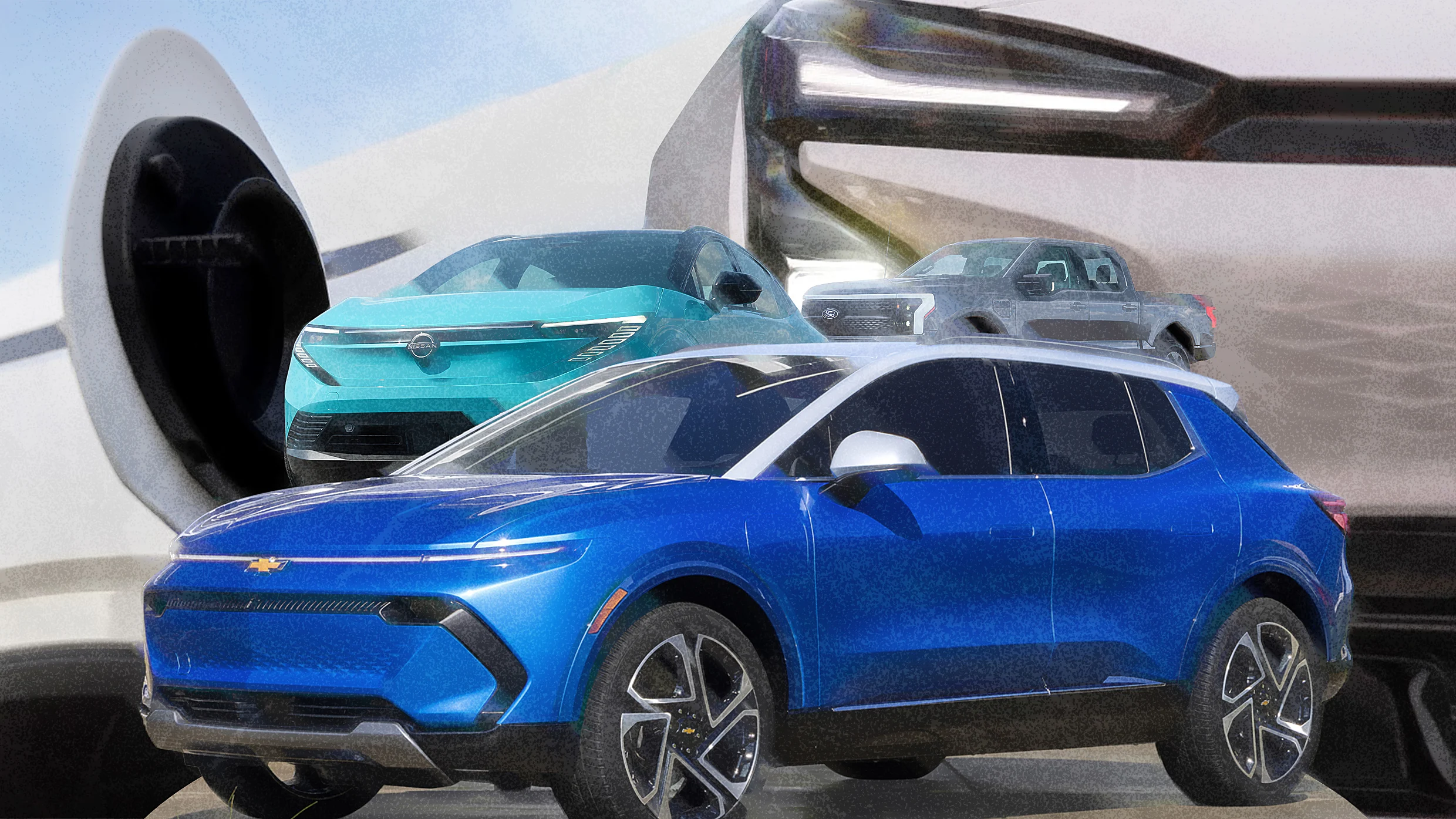
"When the Trump administration pushed to eliminate the credit in the One Big Beautiful Bill Act, it inadvertently helped nudge some consumers to switch to EVs earlier that they otherwise might have. "There's nothing like a deadline to get people paying attention," says Josh Boone, executive director of Veloz, a nonprofit focused on electrifying transportation. The organization has seen a surge of traffic on its digital platform that helps consumers choose an EV."
"In August, the average transaction cost for an EV was $44,908-a little less than the average gas vehicle, at $45,521. That's because manufacturers added generous incentives to help sell cars before the deadline. The tax credit has been in place since 2008, under the Bush administration. Now that it's disappearing, EV sales are likely to plummet next quarter. Automakers are slowing production and canceling some models. But electric cars aren't dead in the U.S., and sales are still likely to grow next year."
U.S. electric vehicle sales reached about 12.2% of new car sales while gasoline vehicle sales declined year-over-year. Buyers rushed purchases to secure the $7,500 federal tax credit before its September 30 expiration, prompting manufacturers to add incentives and temporarily reduce average EV transaction prices to $44,908 versus $45,521 for gas vehicles. The credit, in place since 2008, triggered increased demand but its removal is expected to push EV sales down next quarter, leading automakers to slow production and cancel models. Analysts note the tax credit often acted as a discount rather than the primary purchase motivator for higher-income buyers.
Read at Fast Company
Unable to calculate read time
Collection
[
|
...
]